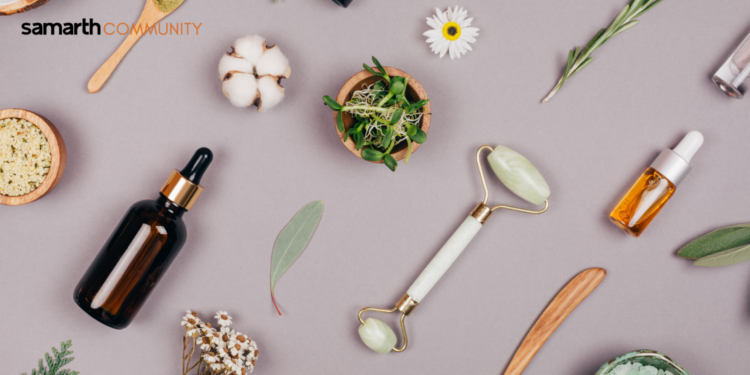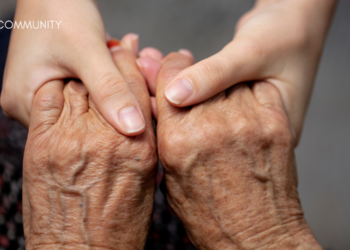As we age, many parts of our body show signs of it, and it is more evident in the skin, as it is noticeable. Therefore, any wrinkles, spots, discolouration, etc., are easily seen, making us conscious of these changes. However, with a little care, we can delay the skin damage and even prevent or limit some of the skin issues to the extent that we need not seek treatment.
Here are five tips that can help you reduce skin issues in old age.

Join Now >
Reduce sun exposure
We stay in a country that has abundant sunlight. While the heat is blistering during summer, even during winter, many parts of our country receive a fair share of sunlight. Only certain high-altitude areas receive limited sunlight during winter. In Western countries, sunscreens are a normal part of their regime. Whether shopping or sunbathing on the beaches, applying sunscreens is a must. While we consider sunglasses more of a fashion accessory, they protect the sensitive skin around our eyes from harsh sunlight. Sun exposure is a prime factor that causes a lot of skin damage. It can even lead to skin cancer.
So, what can we do to protect our skin from sun exposure? For starters, especially during summer, we must avoid going out in the sun, unless necessary. When we step out, we have to take precautions such as wearing clothes that cover our body adequately, using caps, hats, umbrellas, and cooling glasses, etc. Another essential change you can bring in is to apply sunscreen every time before you go out to the exposed skin parts. Use sunscreen with an SPF of at least 15. If you are swimming or out in the sun for a long, you must carry it along and apply it again after two hours.
Go gentle on your skin
Our skin needs gentle care, and not just in old age. While hygiene is essential, the more time you spend bathing and washing, the more your skin is likely to get damaged. Learn to have quick baths with gentle soaps. Consult a dermatologist to know which soaps suit your skin best. Do not scrub your body too much, as it removes natural skin moisturisers. Avoid hot water, and use lukewarm water only. Hot water removes healthy oils from your skin. Once you finish bathing, use a soft towel to pat dry your skin, and do not rub your skin dry. Shave carefully using an appropriate gel or cream with a clean razor, and pat dry the skin after shaving. You must moisturise your skin immediately after bathing for maximum impact.
Pay attention to your diet
We are what we eat. A healthy diet can go a long way in keeping our skin young and healthy. Include fresh fruits and vegetables in your daily diet. Also, include lean proteins and whole grains to give your skin the required nutrients. Hydrating yourself well is a prime aspect of skin care. Since hydration is essential for overall health, set reminders, if required, to drink water or fluids throughout the day. Green vegetables, berries, melons, avocados, nuts and seeds, fishes like salmon, etc., are great diet inclusions to keep your skin young.
Change your habits
Smoking damages your skin in more ways than one. It damages the collagen and elastin that manages the elasticity of your skin. Also, smoking narrows the blood vessels in the outer skin layers, limiting blood flow and depleting the skin’s nutrients. Smoking also leads to more wrinkles and makes your skin look paler. People smoke by pursing their lips and squinting their eyes while blowing smoke out, etc., adding to skin issues. Avoid using deodorants and perfumes, and use fragrance-free soaps and lotions.
Examine your skin regularly
We usually ignore our skin and do not care for it properly. However, in old age, we notice the changes and start worrying about them. It is essential to examine your skin regularly to understand any changes. If you notice any growth or unusual changes to skin colour and texture, etc., consulting a doctor is a must to rule out any serious issues. Often, the changes are harmless and may not need any treatment.







